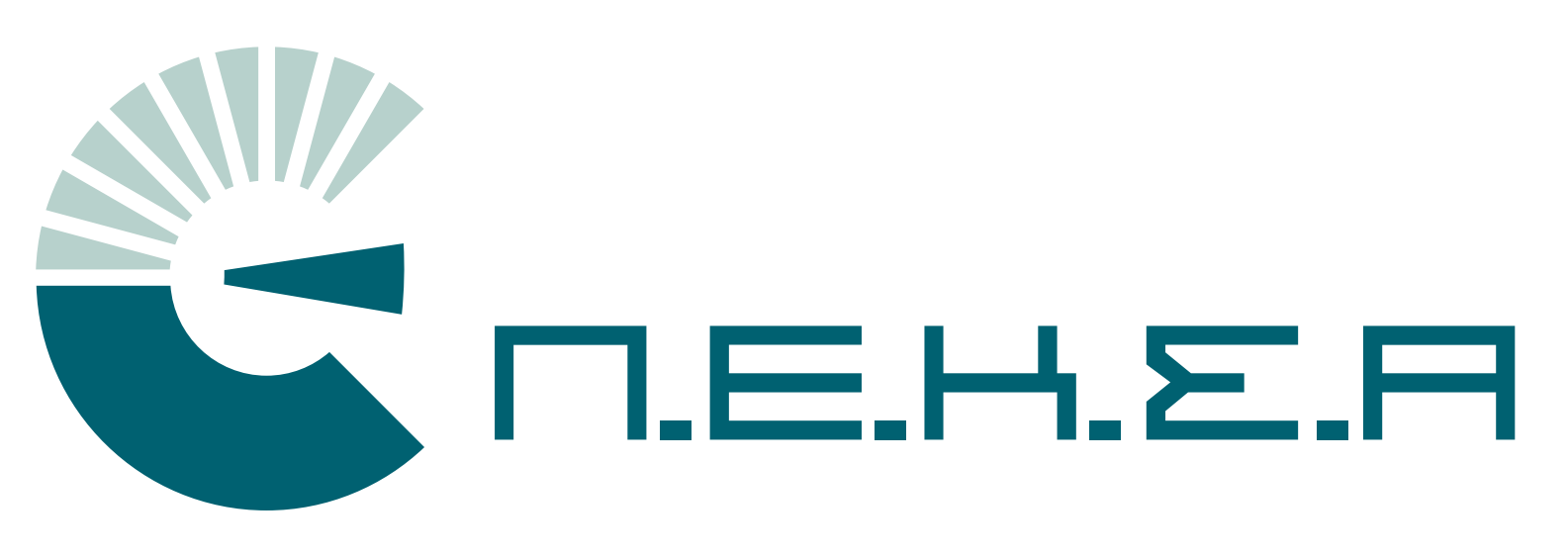Information about the project “MedTOWN: Co-producing social policies with Social and Solidarity Economy (SSE) actors to fight poverty, inequality and social exclusion”, ENI CBC MED Programme
MedTOWN is a cooperation project financed by the European Union through the European Neighbourhood Instrument of Cross Border Cooperation within the framework of the Mediterranean Basin 2014-2020 Programme. The main objective of the project is to promote and demonstrate initiatives of co-production of social services through the cooperation of public, private and social solidarity economy (SSE) sector as well as to strengthen the role and the capacities of the SSE actors in the co-production model through a shared Community of Practice and a better regulated framework.
Public services face an unprecedented set of challenges: increasing demand, rising expectations, seemingly intractable social problems and, in many cases, reduced budgets. In Europe previous approaches have produced important improvements in some area, certainly, but failed to tackle the structural inequalities that are fuelling the demand for services. In the Arab world, heterogeneous and fractured social structures, along with occupational shifts from agricultural to industrial and service activities, are overstretching already weak social services schemes that fails to address the real drivers of poverty, inequality and exclusion. MedTOWN is an initiative focused on the combined potential of agents of the social and solidarity economy (SSE), citizenship and local authorities to co-produce the social policies that can fight poverty, inequality, social exclusion and environmental unsustainability in the riparian countries of the Mediterranean basin, providing them with tools and connections to help them build local resilience and foster their transition towards becoming more fair, resilient and sustainable societies in the Euro-Mediterranean region.
The initiative is based on Action Research to support the design of effective public policies on the provision of social services. To that effect a series of experimental actions deploying a co-production model will be undertaken and will serve both as effective modalities to increase the effectiveness of social services delivery during the project and as test-monitoring of results for policy design.
What will be improved?
MedTOWN will provide authorities with low-cost and innovative capacities to deliver quality social services. This will be done through: Social Experimentation on co-production and complementary currencies in the Territories, Policy Dialogue within national strategies and regulations on SSE and social services and Policy and Regulatory Framework for co-production in social services.
The project will support social services provision for 11.376 people strengthen/create partnerships in all participating countries will generate work; opportunities, will create a Mediterranean database with evidence-based analysis on Regional co-produced social services and will provide 42 policy recommendations.
Who will benefit
Communities with a high proportion of impoverished households (Beni Zeid, Palestine Campolide, Portugal Barrio Amate, Seville Kavala, Greece).
Women victims of gender violence (Tunisia), refugees or people with disabilities (Irbid, Jordan Kavala in Greece).
Social workers and frontline staff in public organizations.
The responsible national/regional bodies in the regulation of social services and SSE.
NGO practioners.
Budget: 3.444.831,73 € (86.5 % Programme contribution), Duration in months 36 Months
EPEKSA is partner in a consortium led by Assembly of Cooperation for Peace, Spain with 9 partners (Spain, Greece, Palestine, Jordan, Tunisia, Portugal) in total and 7 associate partners.
This document has been produced with the financial assistance of the European Union under the ENI CBC Mediterranean Sea Basin Programme. The contents of this document are the sole responsibility of EPEKSA and can under no circumstances be regarded as reflecting the position of the European Union or the Programme management structures”:


